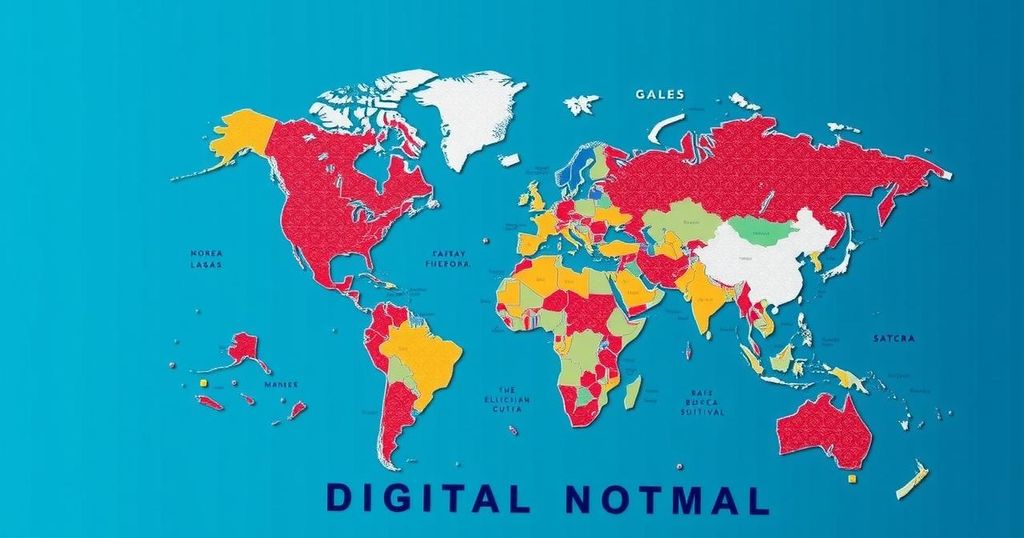Post-Election Surge in Interest for Digital Nomad Visas and Relocation

Following the U.S. election, searches for moving abroad surged, especially for digital nomad visas. Digital nomadism, which grew during the pandemic, allows for flexible work locations. Over 50 countries now offer visas for remote workers, with specific income requirements for applicants. Spain and Portugal are popular destinations, providing various options for digital nomads.
In the aftermath of the recent U.S. election, there has been a noticeable surge in American interest regarding digital nomad visas and relocation abroad. Following the declaration of Donald J. Trump’s re-election, online searches for phrases such as “best countries to move to” and “how to move to Canada” saw a significant spike. The trend of digital nomadism gained momentum during the pandemic, offering individuals the flexibility to work remotely from various global locations. Although many employers are now urging employees to return to the office, an increasing number still permit remote work, allowing extended travel for professionals, including freelancers seeking affordable living conditions.
The concept of digital nomadism has gained prominence particularly since the onset of the COVID-19 pandemic. As traditional work environments shifted due to health concerns, many individuals found themselves capable of performing their jobs from anywhere in the world. This flexibility has catalyzed interest in relocating to countries that offer favorable living conditions for remote work. Digital nomad visas have become essential for individuals eager to experience life abroad while maintaining their careers, with over 50 countries now providing such permits.
The rising interest in digital nomad visas post-election reflects a broader trend towards remote work and the desire for improved living conditions abroad. Countries such as Spain and Portugal are particularly attractive to prospective digital nomads, offering accessible visa options for individuals meeting specific income thresholds. As remote work remains prevalent, more Americans may consider relocating as a viable lifestyle choice.
Original Source: www.nytimes.com







